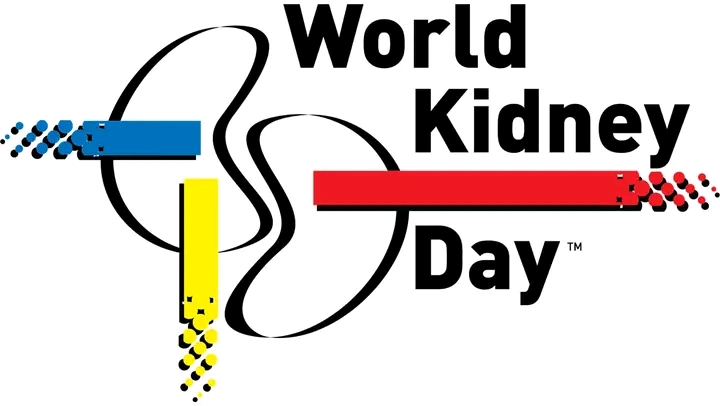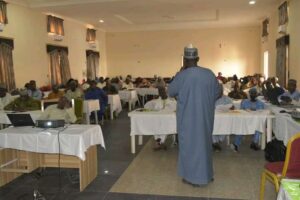
By Bilyamin Abdulmumin
We often wake up, now and then, to the excruciating news of patients suffering from the life-threatening ailment of kidney failure.
The illness of these patients is usually made to the public when it is at the point where the nephrologist called end-stage disease; at this point the patients have only two options, either to undergo the unending, expensive dialysis or the sky-high cost of a kidney transplant.
This has informed why the victims or their families would many times resort to the public for crowdfunding, even among the celebrities.
Some of the well-known figures we have seen not long ago include the comedienne Ada Jesus, Hausa film veteran Kabiru SK and now music legend Eedris Abdulkareem (unlike the former two we pray that Abdulkareen survived).
After the food we have eaten has undergone a complete digestion phase, the basic blocks resulting from this digestion are both necessary and unnecessary to the healthy growth of our body. The necessary parts are glucose, amino acids, fatty acids, glycerol, vitamins, minerals, and water; the undesirable are urea, uric acid, creatinine, and ammonium ions; therefore for normal bodily functions, the wheat must be separated from the chaff.
The process of this separation occurs through a filtering unit known as the kidney. After separation has taken place, the nutrients required by the body are circled back to the bloodstream while the toxic waste is sent to the bladder to be excreted as urine.The inability of the kidney to perform this function of separation has been seen to cause such deleterious consequences to the patient.
Apart from the filtration role, the kidneys also serve as a stabilizer. The kidney achieved this by removing the excess water as well as excess electrolytes (sodium, phosphorus, magnesium, etc) from the blood fluid to stabilize it. Too much or less of any of these materials means deleterious consequences. Hence it is safe to refer to the kidney as a controller general of our blood fluids.
What are the causes for this magnificent organ to become so desperate, leaving the patients languishing in despair?
According to the Guardian report, the leading causes of kidney disease are high blood pressure and diabetes. Others are long-term drinking of traditional herbal concoctions, long-term use of skin whitening creams, high cholesterol, kidney infections, kidney stones, environmental pollution, unsafe drinking water, abuse of analgesics, and use of pesticides.
The good news is that there are tips that help us preserve the precious organ and stop it from falling from the grace.
The Guardian report has further discussed the following as tips: Drinking plenty of fluids, monitoring weight, keeping active and fit, eating healthy food, monitoring blood pressure, monitoring blood sugar level, becoming wary of over-the-counter medications, avoiding smoking, shunning alcohol, and having a kidney wellbeing test.
The fact that kidney failure is among the leading cause of death, and for the lucky ones, it cost about 10 and 6.5 million as a cost of dialysis per annum and transplant respectively is a good reason why it can never be ever emphasized o consider the preventative measures.
Reference:
1-Chukwuma Muanya (2022). Why over 20m Nigerians are living with kidney problems? The Guardian newspaper


